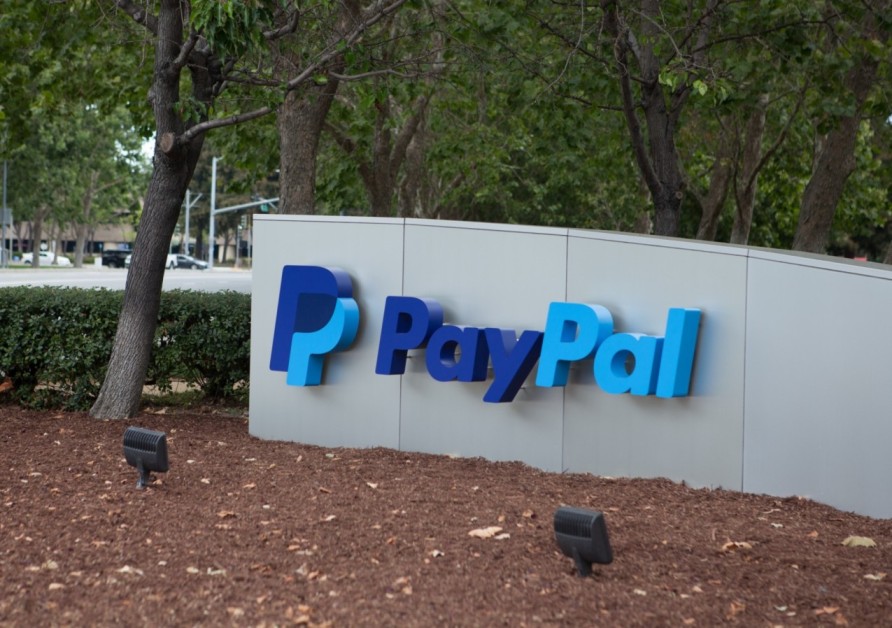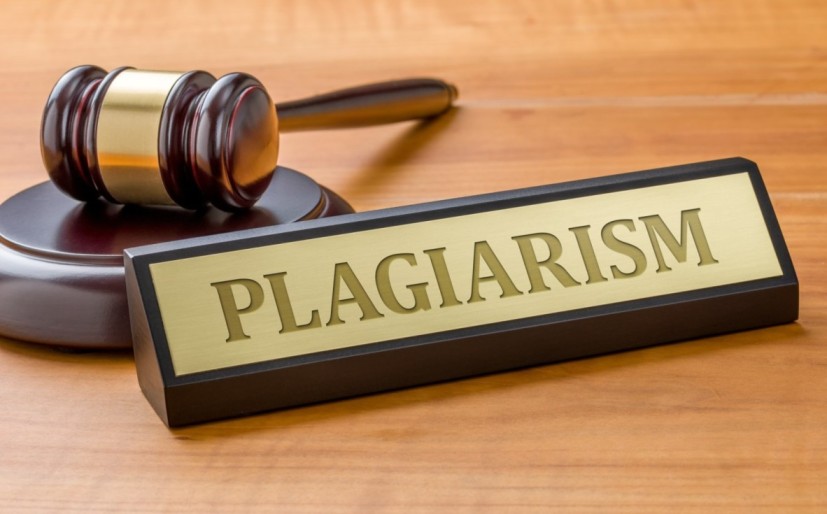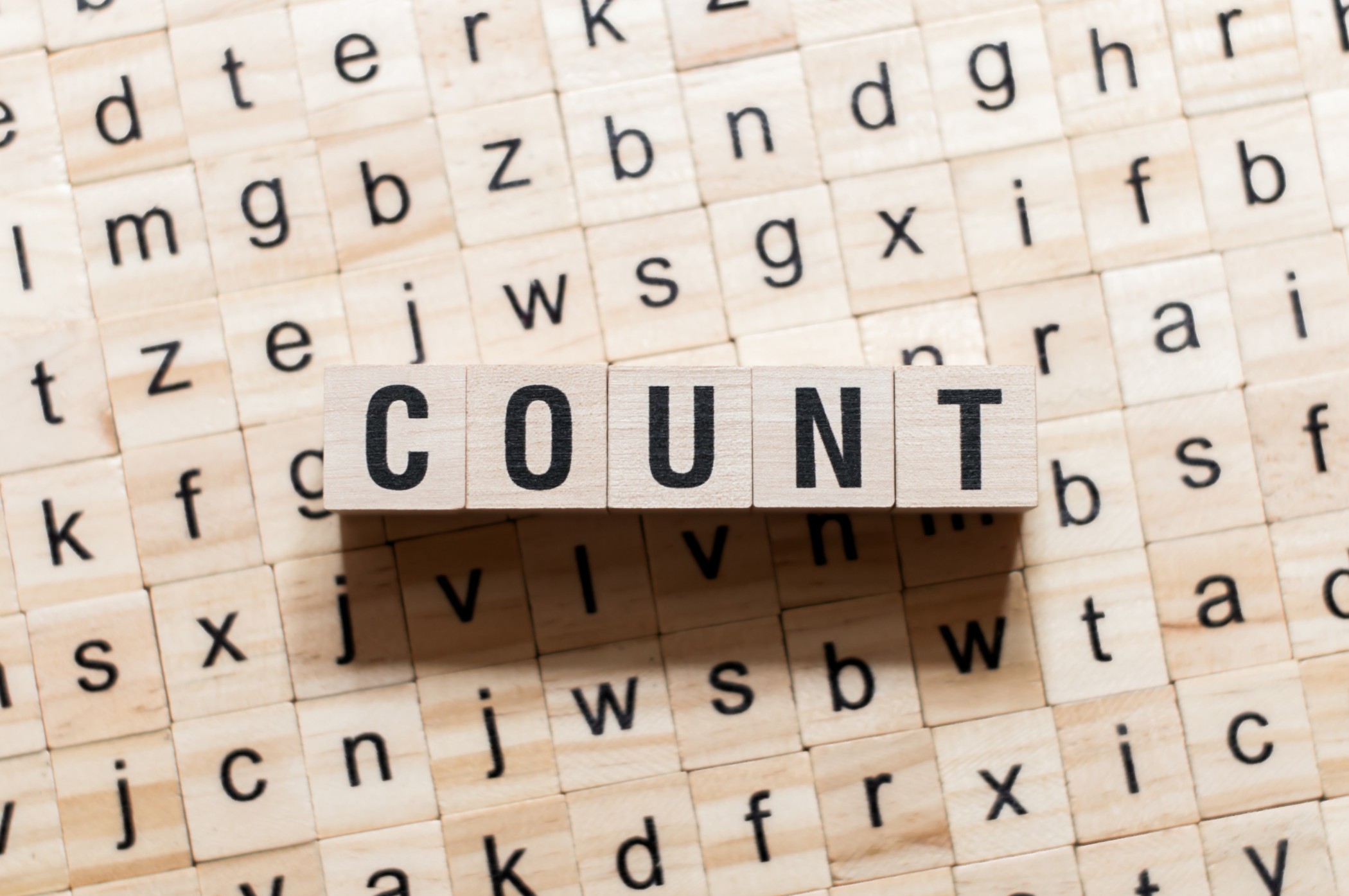
What is PayPal? A Complete Guide:
All you need to know about PayPal
Intro To PayPal:
The world of online payments is dominated by PayPal. In Q3 of 2020 alone, it processed four billion financial transactions and had upwards of 360 million active users in more than 200+ countries.
PayPal has provided customers with various methods to pay and receive money online since 1998. Instead of using a credit card to make online purchases, you can use PayPal, which protects your payment information from businesses.
In most cases, it also makes transferring money simple and cost-free. Checks and costly wire transfer services are essentially no longer necessary, thanks to PayPal.
PayPal continues to be a popular option for online shopping and money transfers even after many years after its founding.
How Does PayPal Work?
For both individual customers and companies, PayPal provides payment services and solutions. Consumers can quickly buy, pay, and transfer money through PayPal.
To create an account, users must give an email address and either a credit card, debit card, or bank account.
Before the service can be utilized, PayPal checks all the details to ensure that the person opening the account is the legitimate owner.
Owners of PayPal accounts can send money to others using the recipient's email address or mobile phone number by using PayPal's official website or mobile app.
Customers can select PayPal to finish their online transactions if the business allows the service.
The company guarantees that transfers are instantly accessible for withdrawal to a bank account or for payment after being processed in a few minutes.
Businesses can choose from a number of options that PayPal provides for their everyday operations.
This includes company management tools, credit and funding options, and payment gateways for both online and offline transactions. Additionally, in order to create an account, business owners must provide an email address.
By offering a method of payment that does not need the payor or payee to provide credit card or bank account data, PayPal aims to secure online transactions.
As a result, transactions are quicker than using traditional means, money is secure, and security is preserved.
Why Use PayPal?
Below are some of the top reasons why customers love to use the services of PayPal:
- Reliable Transactions: Companies can sometimes access your payment information when you use your debit or credit card to make an online purchase. PayPal adds an extra security level by ensuring that companies never view your payment or debit/credit card information. Along with other security measures, PayPal leverages email confirmations for transactions, end-to-end data encryption, and optional two-factor account logins to keep user accounts safe.
- Simple and Effective: After Visa, Mastercard, American Express, and Discover, PayPal is now the fifth most popular payment method and is accessible to millions of online companies. Have you ever desired to make an online purchase but couldn't do so because your credit card wasn't available? You can use PayPal to make a payment using cards linked to your account without inputting your card information again. To purchase something with PayPal, all you have to do is remember (or store) your login details.
History Of PayPal:
Confinity introduced PayPal in its original version in the late 1990s. In 2000, the business merged with X.com, a provider of online banking services, and acquired the PayPal name.
When it appeared as an eBay payment facilitator, it became widely known. Because of how well-liked it was, eBay decided to buy PayPal in 2002, making it the company's official payment method. PayPal was split into a separate corporation in 2015. Under the ticker PYPL, the company's shares are traded on the Nasdaq.
Throughout its existence, PayPal has acquired other businesses that cater to various areas of the payments, digital money transfer, and financial transaction industries.
As the acquired firms were merged into PayPal, several of these acquisitions brought with them technological advancements and new features. For instance, Venmo's competitor BrainTree was acquired by PayPal in 2013 as part of the deal.
Benefits of Using PayPal:
- A PayPal discount or a cashback offering of some kind may be offered on purchases made from a small number of online shops.
- PayPal provides its own credit card via Synchrony Bank. Applicants who are accepted are given MasterCards bearing the PayPal name and logo.
- The company also provides loans for major purchases, extends credit lines, and gives users debit MasterCards that let them utilize PayPal balances to make in-person purchases or cash withdrawals.
- Due to PayPal's popularity, many businesses accept PayPal payments for goods and services throughout the world; some even accept contactless PayPal payments.
Is It Free To Use PayPal?
Online purchases and most private transactions are free when opening a PayPal account. However, there are some transactions for which PayPal does charge a fee.
#1. Purchasing Fees:
If no currency conversion is involved, there are no costs associated with shopping online at shops accepting PayPal. A 3 percent or 4 percent international transaction charge applies for transactions made in foreign currencies.
#2. Personal Transaction Fees:
PayPal considers a transaction to be personal when it involves sending or receiving money from friends and family for non-commercial, personal purposes.
When making personal transactions, you can select the "Friends and Family" tab on the PayPal official Website or App. Depending on where you send and receive the cash, some of these transactions are subjected to fees, and others are not.
Different Types of PayPal Fees:
PayPal doesn't charge a fee for purchases.
The other costs differ according to the kind of service. For instance, standard transfers made from a linked bank account are free for personal users, while quick transfers come with a cost of up to $10 and 1% of the total.
Having PayPal accounts on both ends allows for free international money transfers. As a result, when transferring American dollars abroad via bank transfers, PayPal is a strong competitor. The costs charged by PayPal resemble those paid by a traditional bank more when foreign money is accepted into another country.
There are no fees associated with domestic PayPal transactions made by Americans. If customers pay with a credit card, PayPal adds a fee of $3.4% + 30 cents.
PayPal's fee structure for business transactions differs from personal account transfers. For merchants selling products and services online, including eBay sellers and private businesses who use PayPal as a payment option, PayPal levies regular fees ranging from 1.9% to 3.49% and a flat rate of 49 cents.
Use an Online Tool To Calculate PayPal Fees:
Use our online PayPal fee calculator tool to estimate your fee and determine any deductions that will be made when sending or receiving money through PayPal.
Sometimes while handling transactions, we want the other party to cover the PayPal cost. However, we are unsure of its value. The PayPal fee calculator by SpotWebTool will help you resolve such problems. The prices are easily computable with only one click!

Editorial Staff
About the Editorial Staff
Editorial Staff at Spot Web Tools is a team of specialized content writers that strives to share quality and unique content. Our Writer's main objective is to cover the different aspects of technology and to help you use the internet more effectively.




